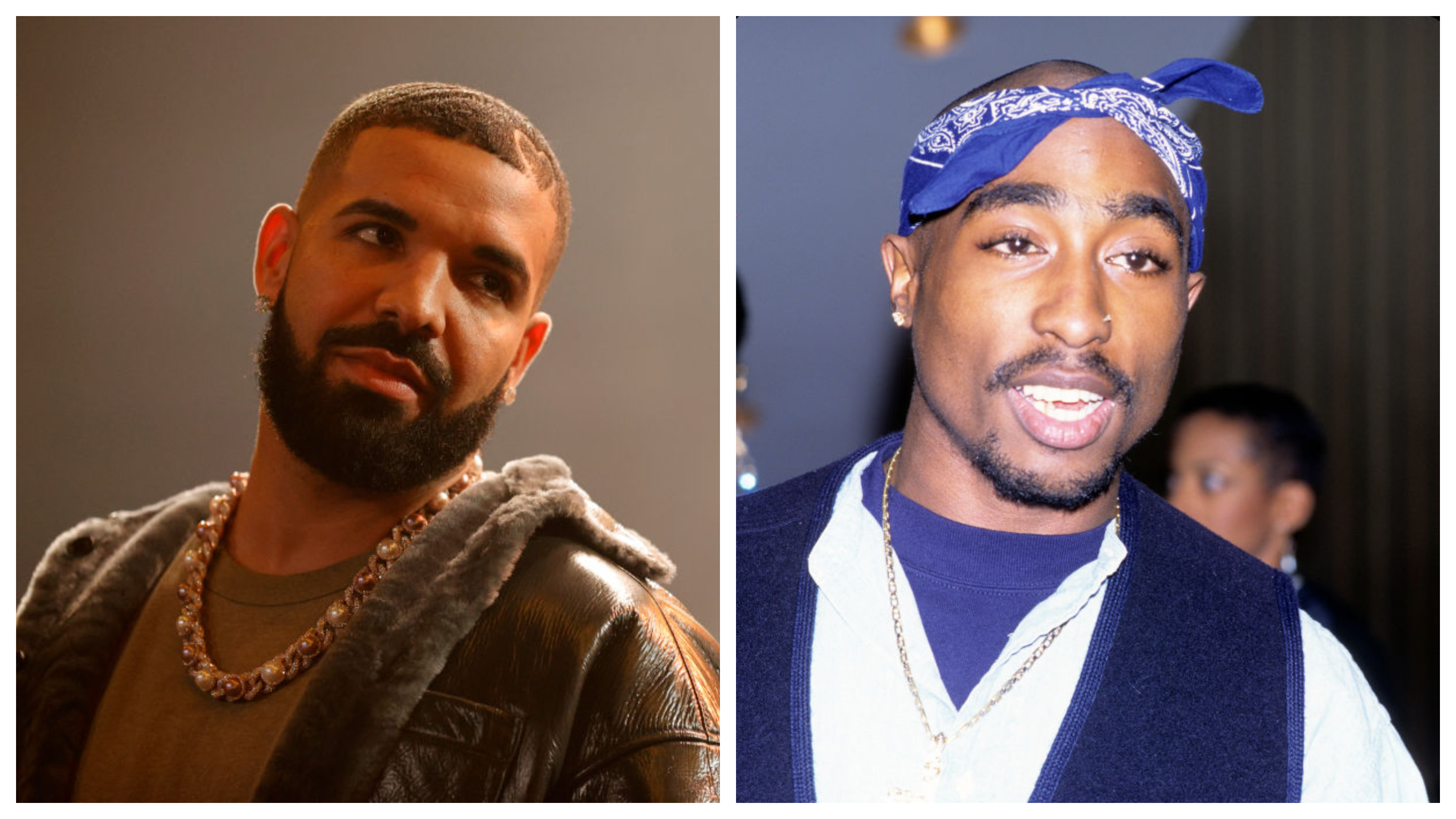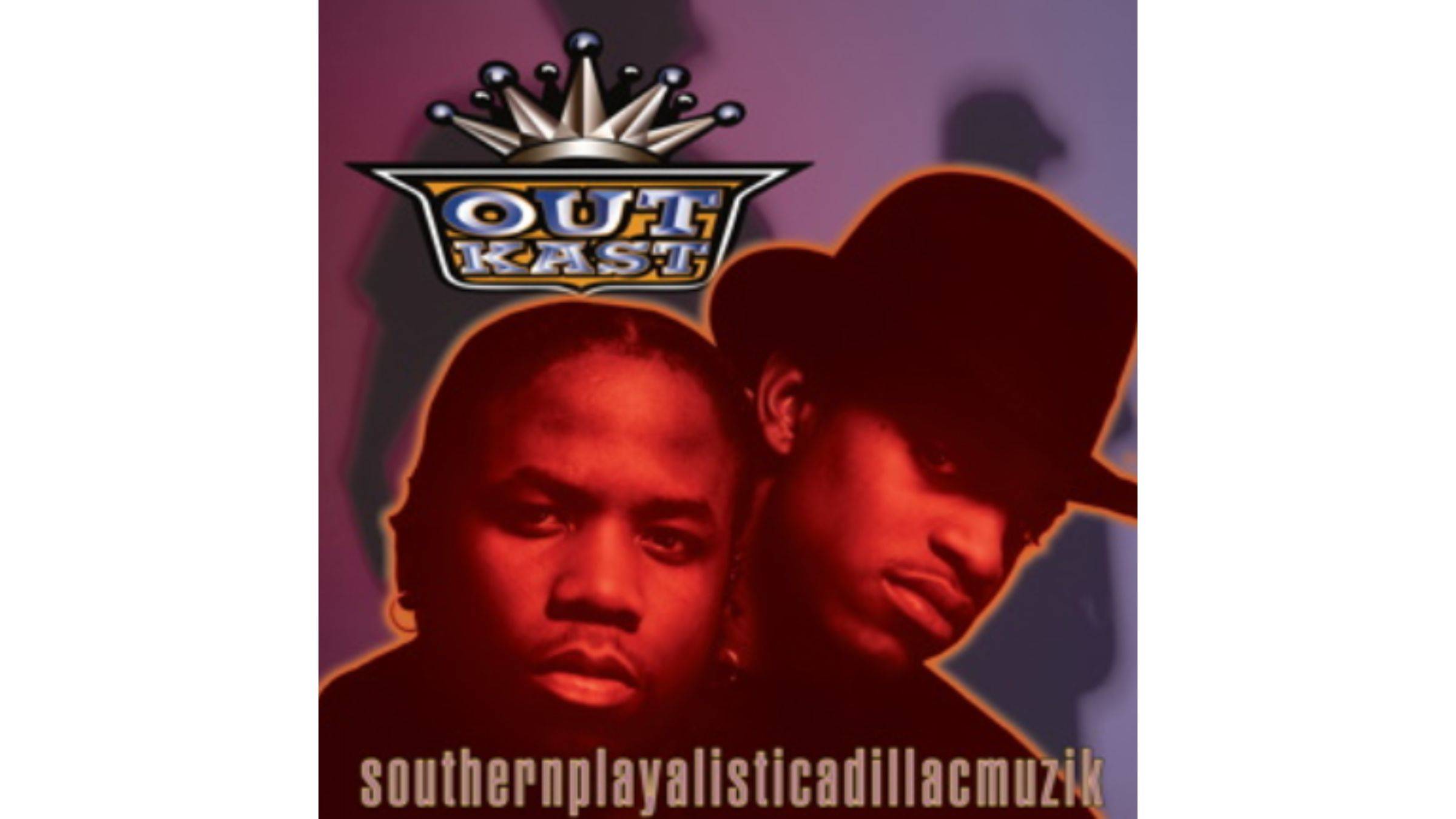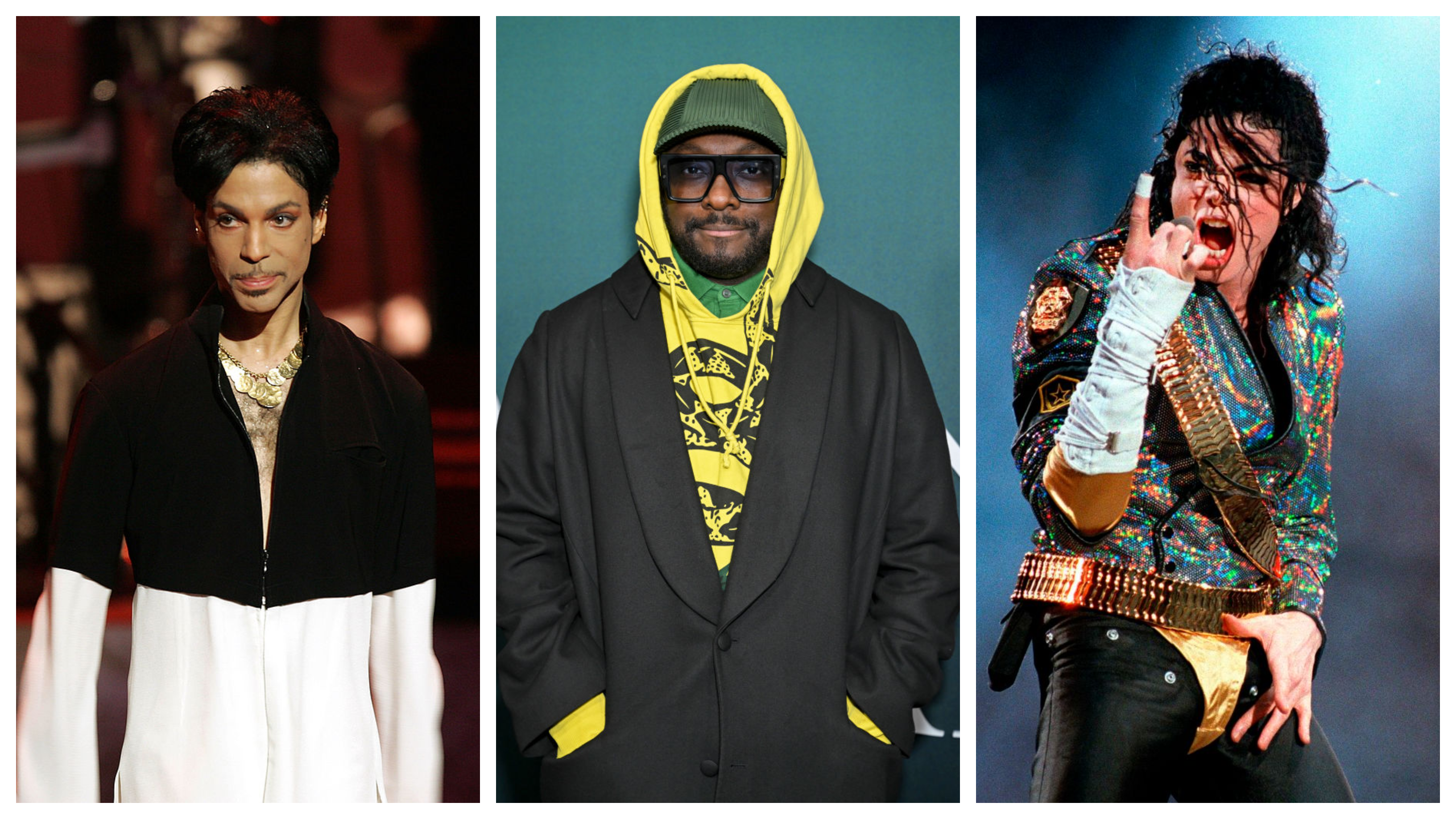Are Gentrified Cities Too Greedy?

(The Root) -- Several weeks ago I was a guest on a New Orleans radio station talking about culture, gentrification and parallels between two Chocolate Cities: Washington, D.C., and New Orleans. I spoke of police antagonism toward Washington's indigenous go-go music and the cultural impact of gentrification on historically black neighborhoods like the area around U Street. The host, Chuck Perkins, and another guest, Loyola University's Andre Perry, spoke of the police antagonism toward Mardi Gras Indians and New Orleans' Second Line culture, and the cultural impact of gentrification in historically black neighborhoods like Treme.
We marveled at the parallels between the two cities -- each with oversized black populations, airports named after black historic figures and a rich culture and history born of slavery and ongoing struggle. In the era of the urban Great Inversion, longtime residents of both cities were trying to figure out what to do when cultures as organic as the birds and the trees are suddenly forced to justify their right to just be. As one New Orleans call-in listener eloquently put it that morning: "They want to turn this place into a big ole Disneyland," he thundered. "They can't do that. That's our blood that spilled on Congo Square."
Arts and culture are early-warning systems. They foretell what happens on the policy side, and what eventually will be the new reality. In a long and thoughtful post on the Atlantic's website, Garance Franke-Ruta points out that a parade of black elected leaders, from Marion Barry onward, have been scheming for a way for affluent white residents to come back into D.C. It worked. And now she, like many newcomers, would like everyone to shut up about it. "Is bemoaning the gentrification of Washington, D.C., a genre past its prime?" she writes.
That answer really depends on whether you care about history and culture, and the basic morality of urban renewal. I personally don't spend much time worrying about U Street hipsters "swagger-jacking" black culture and turning it to kitsch, as Stephen A. Crockett so colorfully put it. But I do worry about enduring segregation inside the city. I'm worried that we are developing the city to an economic tipping point of no return. I'm worried about the train that Barry et al put into motion, and whether it can be stopped short of running over Grandma.
Changing a City's Flavor
D.C.'s pro-gentrification policies were forged of desperation in a city that since becoming majority-black in 1957, had assumed more than its fair share of the burdens of the legacy of slavery and bad urban planning. As a result, local and federal government wrote policies to reel the people with money back.
Read the full story at theroot.com.
BET National News - Keep up to date with breaking news stories from around the nation, including headlines from the hip hop and entertainment world. Click here to subscribe to our newsletter.
(Photos from left: JEWEL SAMAD/AFP/GettyImages, Sean Gardner/Getty Images)





